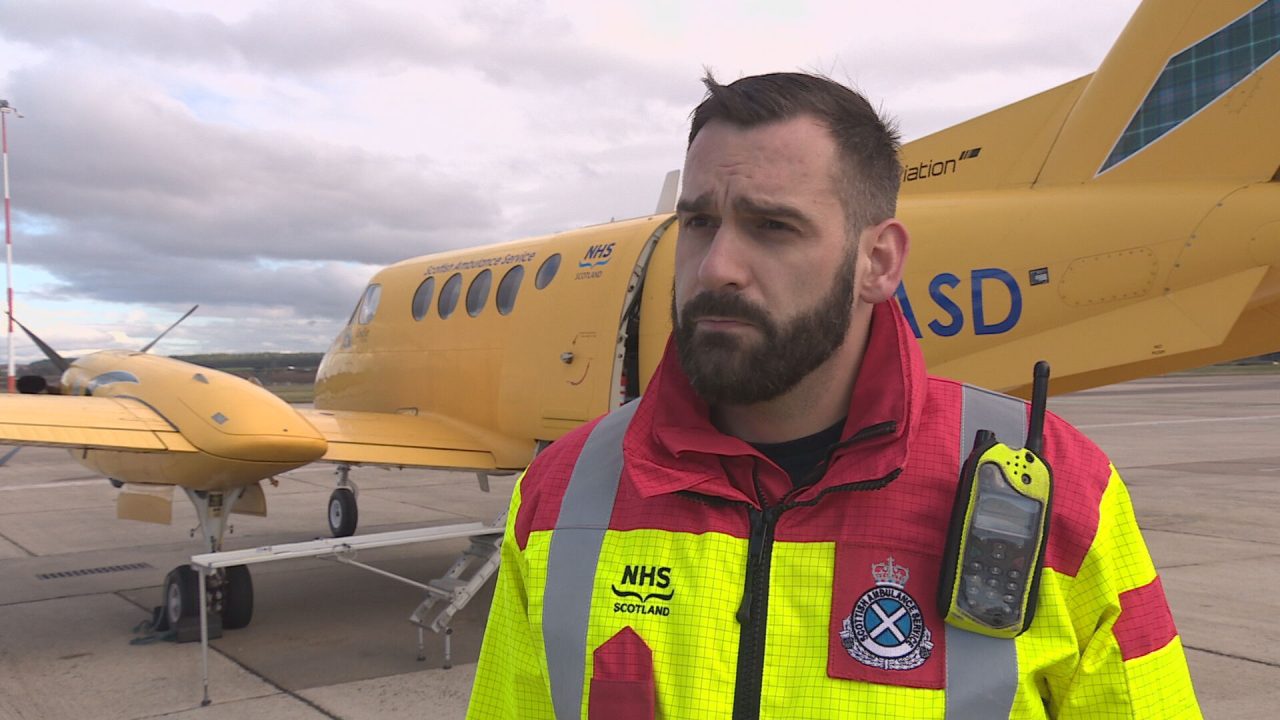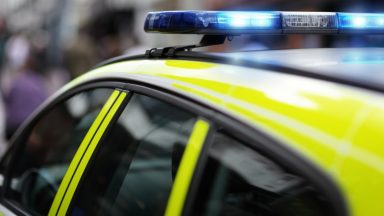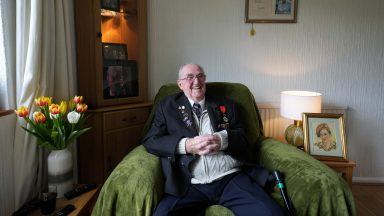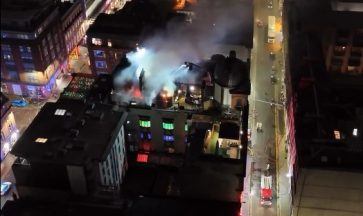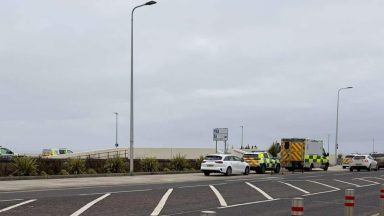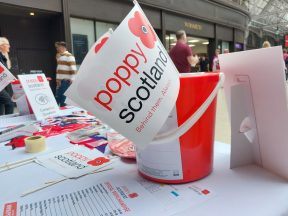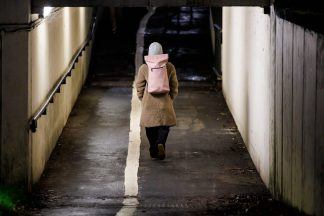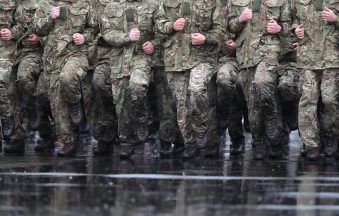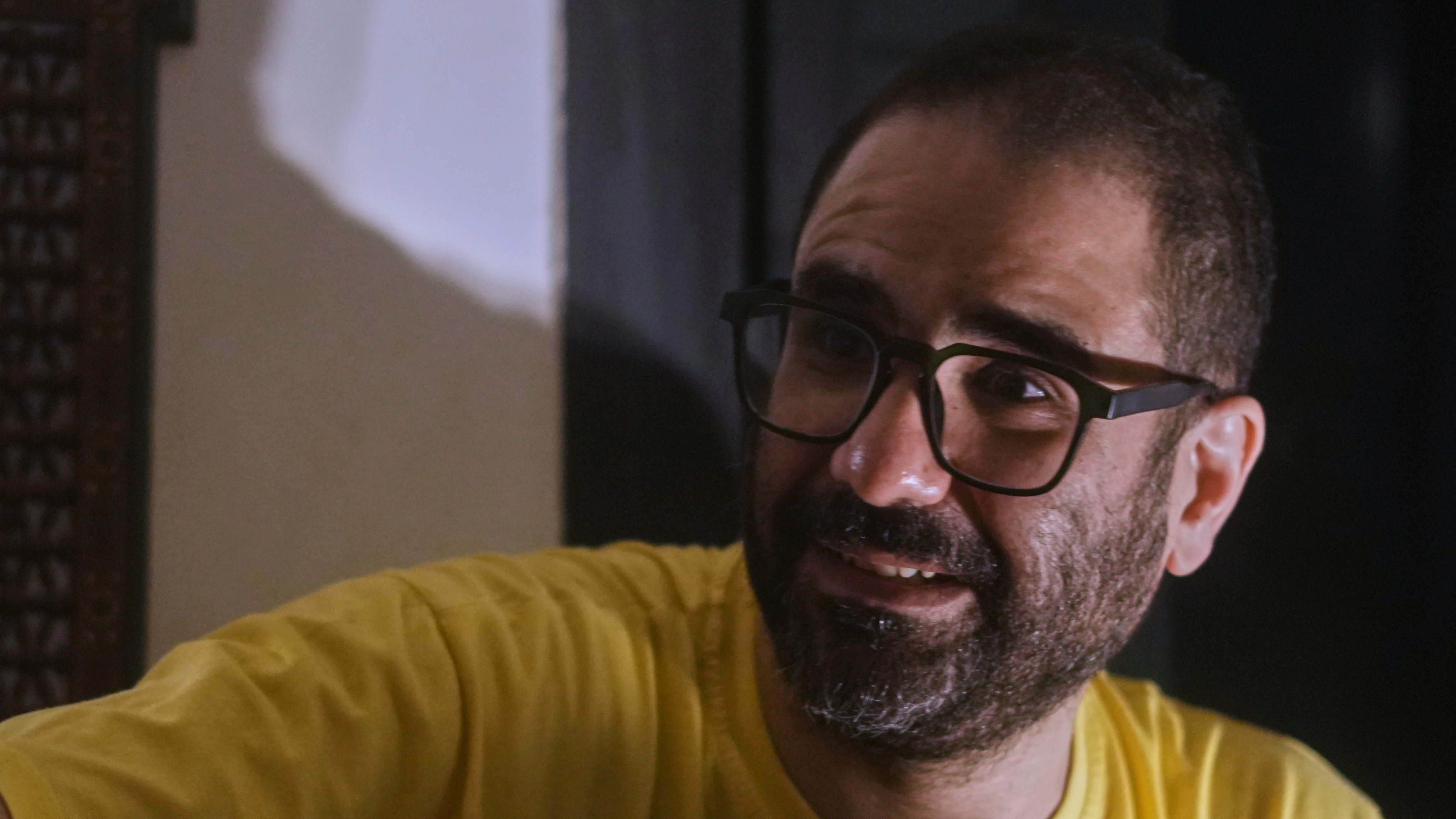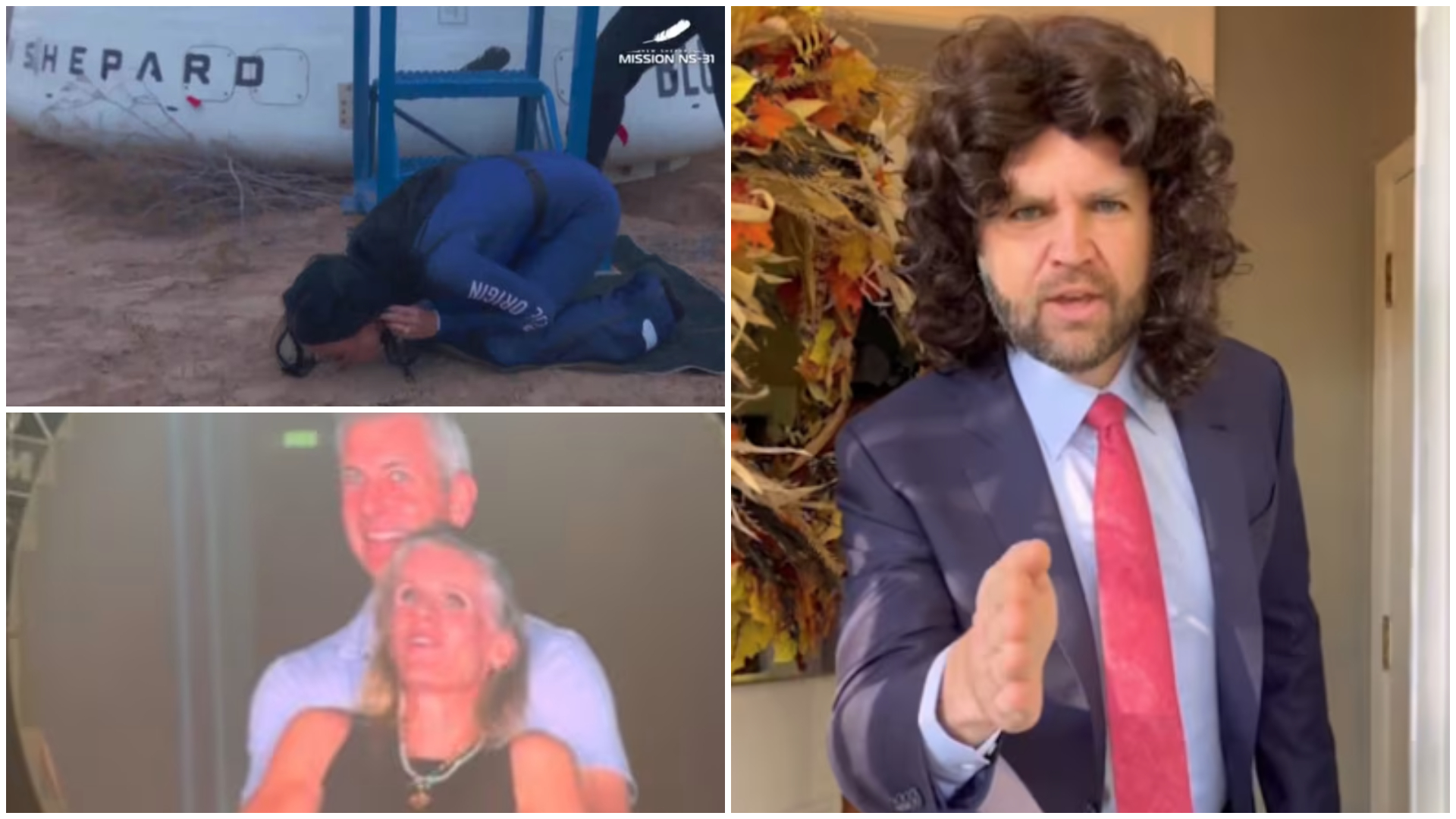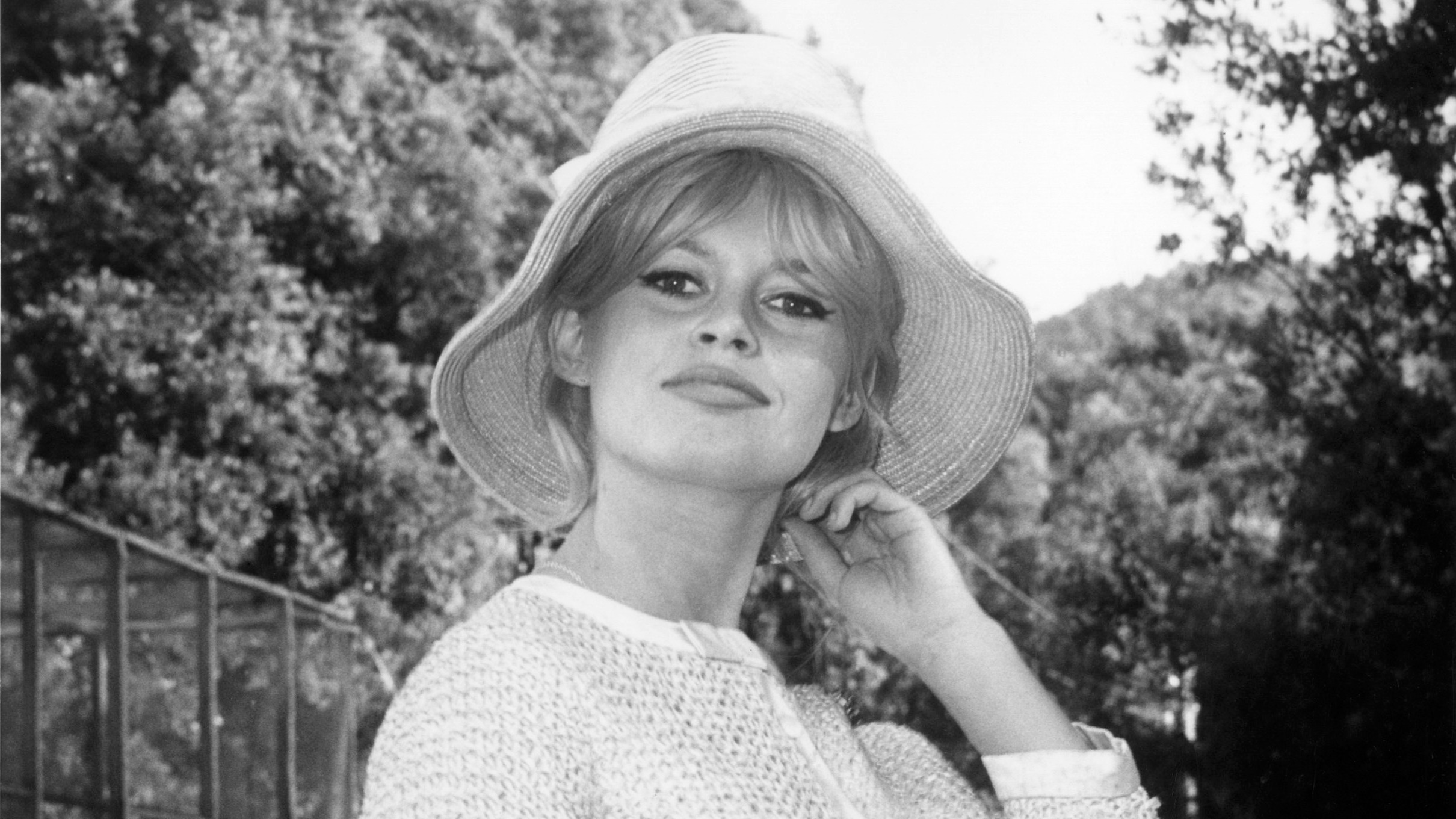Scotland’s centrally co-ordinated air ambulance service is celebrating ten years in operation.
ScotSTAR (Scottish Specialist Transport and Retrieval) is a division of the Scottish Ambulance Service designed to transport unwell newborn infants, children and critically ill patients in rural areas for treatment at major hospitals.
Formed in April 2014, the service brings together neonatal, paediatric and air ambulance teams as well as emergency retrieval services.
The team carries out more than 3,000 jobs every year.
Air ambulance paramedic Brian Gaw said: “We play that part to ensure that all patients on remote and rural islands and remote and rural Scotland get the same treatment as any patients get on the mainland.

“We can do a whole range of skills on board if needed. Each patient has different needs.
“We tend to try to pre-plan anything that may or may not happen on board just so we have got access, but we can still give a whole range of drugs, we can still monitor the patient and if we do need to do any sort of intervention we have got the drugs and skills there if need be.”
There are four ScotSTAR bases across Scotland in Glasgow, Edinburgh, Aberdeen and Inverness.
The neonatal and paediatric teams transport babies and children, usually between hospitals.
The Emergency Medical Retrieval Service transfers seriously ill patients, usually by helicopter.
They also respond to emergency calls.
The Air Ambulance Service responds to 999 calls in a Helicopter Emergency Medical Service role.
The service is run by a team of neonatal consultants, advanced neonatal nurse practitioners, transport fellows (doctors), specialist neonatal transport nurses and ambulance staff.

Each journey is staffed according to the needs of the baby.
General manager Kenny Mitchell said: “The way we’re configured with all the teams in one location is really unique. The closest you might have is a flying doctor set-up in Australia.
“Bringing it together helps develop speciality in retrieval care, particularly operating in aviation platforms.
“People get to work on and enhance their skills and work in environments where they are stabilising transferable patients, which is not something everyone does on a daily basis.
“Healthcare in Scotland is always a challenge due to the population spread. A lot of remote and rural communities rely on us.
“Ultimately the team is saving lives, from motorbike accidents on the west coast to sick babies being moved off Stornoway, Shetland and Orkney.
“Without us being in existence, many wouldn’t survive.”
Follow STV News on WhatsApp
Scan the QR code on your mobile device for all the latest news from around the country


